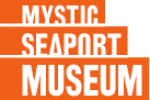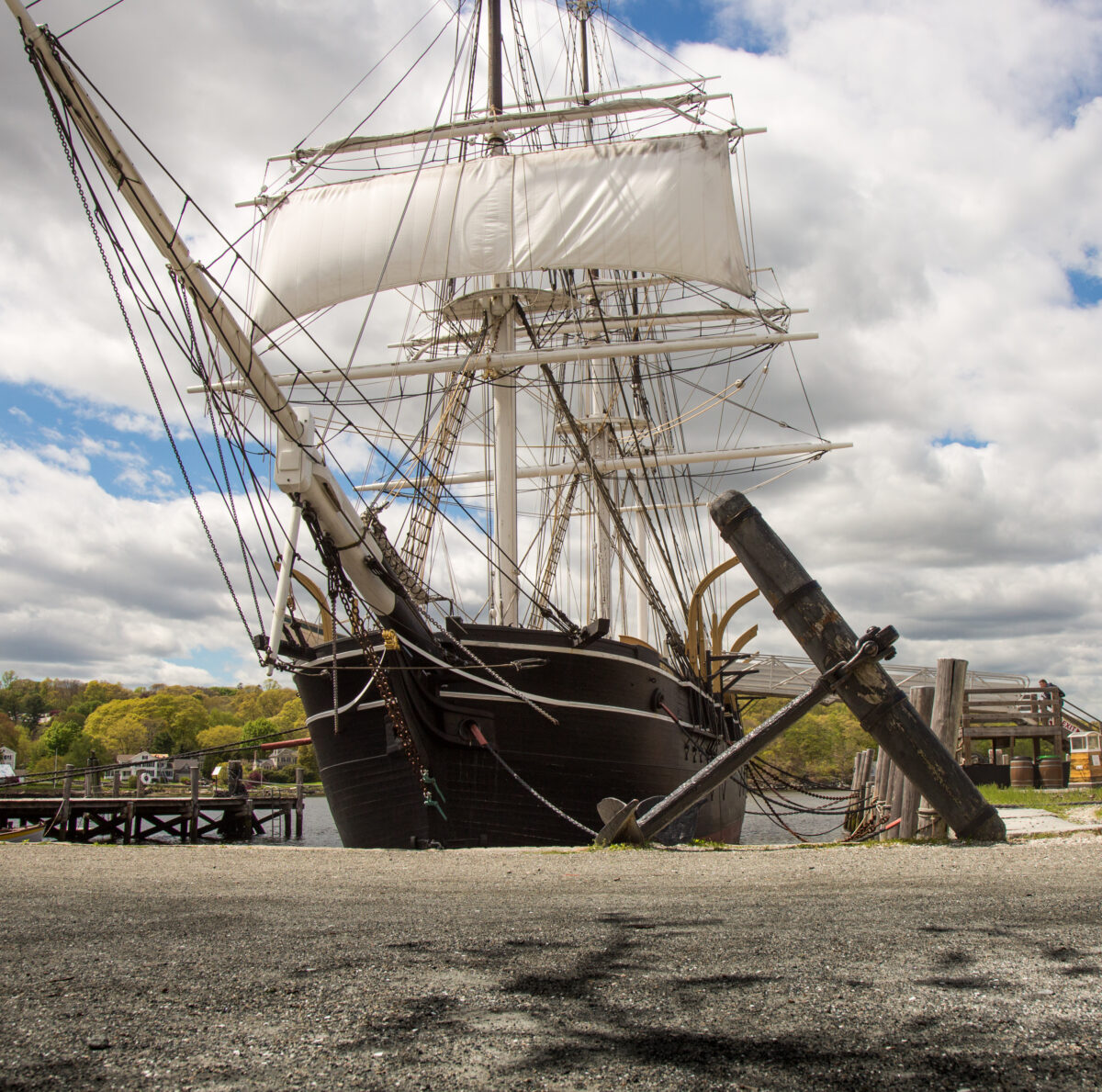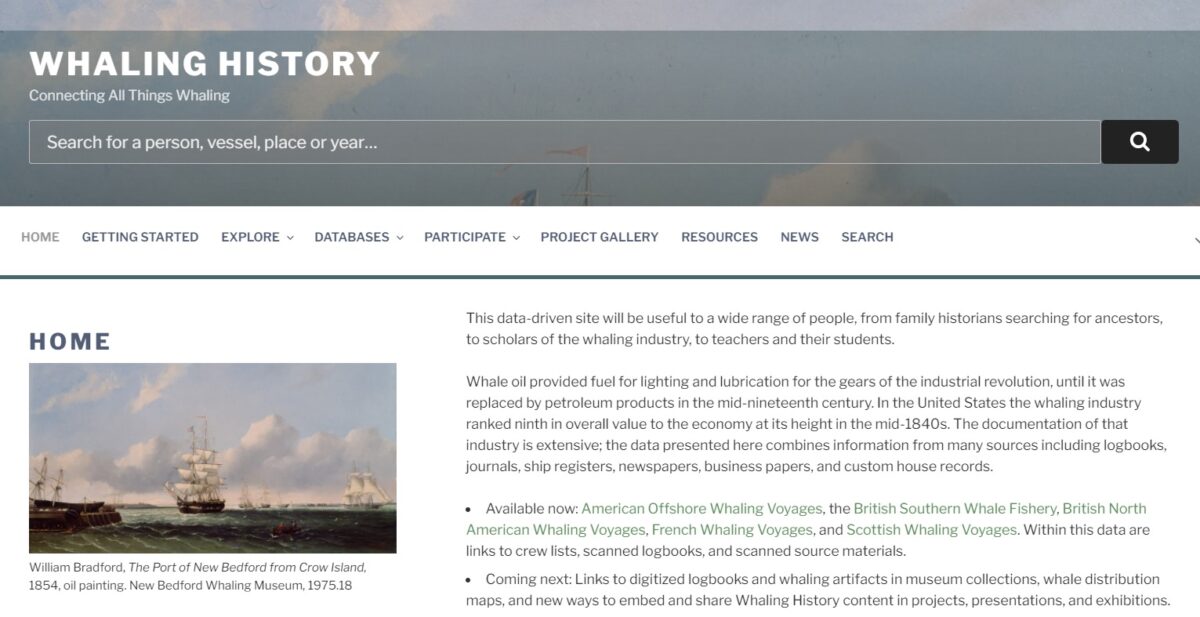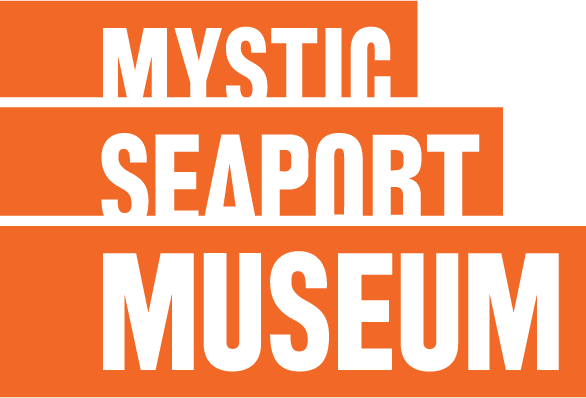 Researchers, historians, and genealogy enthusiasts now have an expanded resource to explore the history of the whaling industry and the individuals who were part of the global enterprise, with recent additions to the Whaling History website (WhalingHistory.org), a joint project of Mystic Seaport Museum and the New Bedford Whaling Museum.
Researchers, historians, and genealogy enthusiasts now have an expanded resource to explore the history of the whaling industry and the individuals who were part of the global enterprise, with recent additions to the Whaling History website (WhalingHistory.org), a joint project of Mystic Seaport Museum and the New Bedford Whaling Museum.
The data presented combines many sources including logbooks, journals, ship registers, newspapers, business papers, and custom house records. Users can find and trace whaling voyages and ships to specific logbooks, as well as the list of crew members aboard many of the voyages.
A popular feature of the site is a dialog where users can search crew lists to discover if they have a relative who shipped out on a whaling voyage.
The foundational fabric of Whaling History features three databases that have been stitched together – the American Offshore Whaling Voyage (AOWV) database, the American Offshore Whaling Log database, and an extensive whaling crew list database. All data is open to the public and is downloadable for any researcher to use with other tools and systems.
The site has been expanded recently with the addition of 370 new whaling voyages to the AOWV database, most from the 18th century, and the integration of the Dennis Wood Abstracts of Whaling Voyages. The latter are brief handwritten summaries of whaling voyages compiled over more than forty years (1830–1874) by Dennis Wood, a merchant and whaling agent in New Bedford. The abstracts were drawn from news reported in the Whalemen’s Shipping List and Merchants’ Transcript, and from letters, telegrams, and reports brought back by vessels. The New Bedford Free Public Library scanned the four volumes from its collection, containing more than 2,300 pages, and placed them on the Internet Archive.
“These new additions to the world’s most comprehensive whaling history database enhance the site’s scope and, most important, make it available for all to use,” said Paul O’Pecko, Vice President of Research Collections at Mystic Seaport Museum. “Researchers, genealogists, students, teachers, and history buffs alike will find it to be the most robust and useful repository of whaling history documentation and scholarship.”




